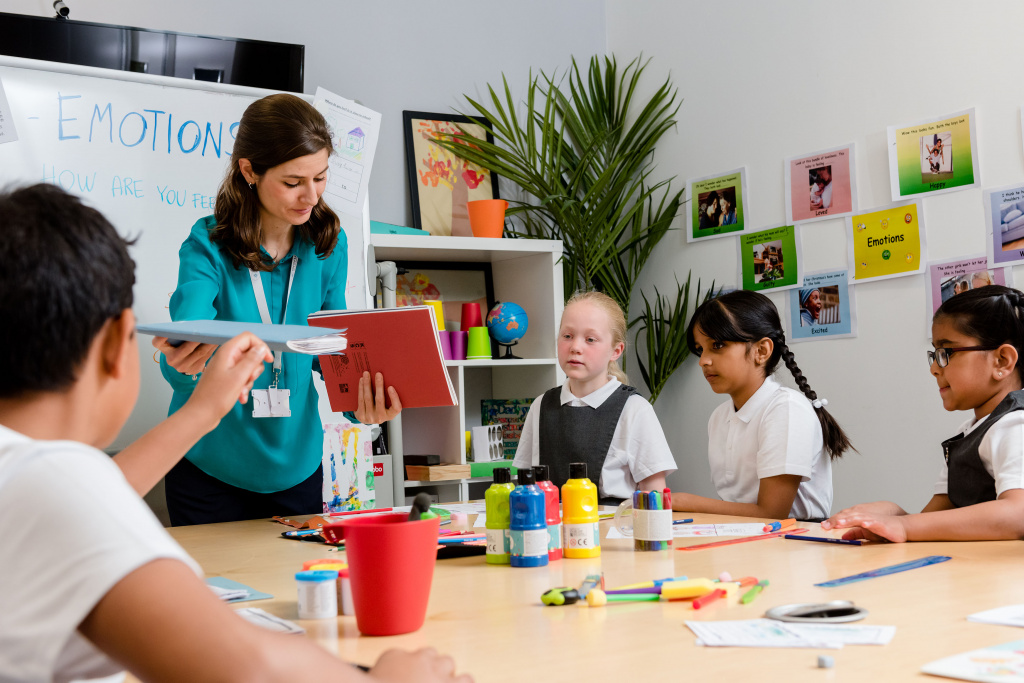
I’ve carried out numerous lesson observations as a school leader and – as a geography teacher – been the subject of many more, and I believe having someone else’s feedback can make a real difference to teachers’ practice and their pupils’ learning.
The trouble is, as my experience on both sides of the lens has shown me, lesson observations don’t usually work out quite that way. And I want to fix that. I want teachers to value the opportunity for self-reflection that observations bring and not see them simply as something they must endure – something done 'to' and not ‘with' them.
But for that to happen, something must change. I don’t believe the typical lesson observation formats achieve what they set out to do – namely, to support teachers’ professional development and ensure pupils are receiving the best learning experience.
To do this, we need to take a low-stakes approach that better supports teachers and does not add pressure to what is already a challenging and time-pressed role.
As the poet William Blake wisely judged, 'Hindsight is a wonderful thing, but foresight is better.' So, how would I approach lesson observations now with the benefit of my lessons learned?